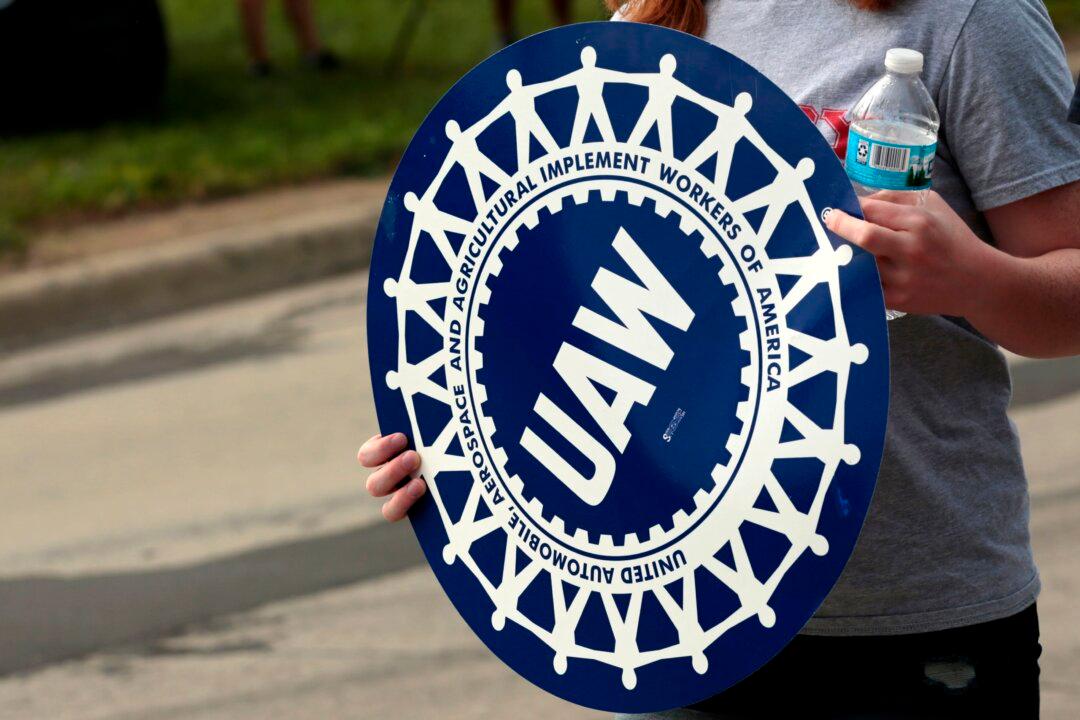House Ways and Means Committee Chairman Kevin Brady (R-Texas) hosted a hearing last month exploring how to reform the U.S. corporate tax system. The country’s tax rate of 35 percent, the highest in the developed world, and its unique application to foreign profits put U.S. companies at a competitive disadvantage with their foreign competitors.
On the international playing field, the company with the lowest costs (including taxes) is in a competitively superior position as it can charge less for its products while dedicating more to research and development or other capital projects. In an attempt to level the playing field, U.S. companies are increasingly pursuing tax inversions, where they merge with foreign competitors and headquarter abroad, saving them hundreds of millions of dollars in taxes that can be spent on expansion, jobs, and research.





